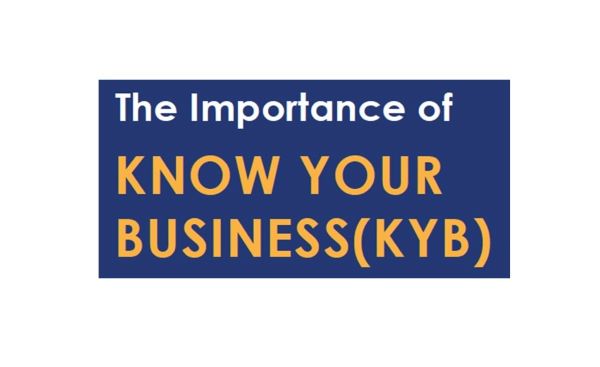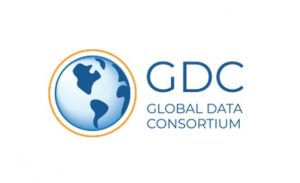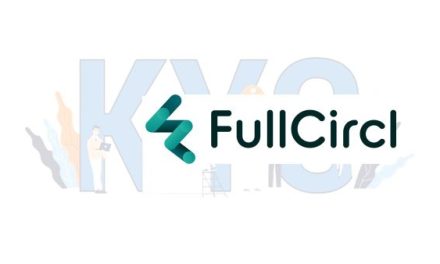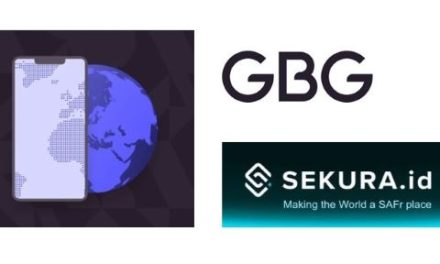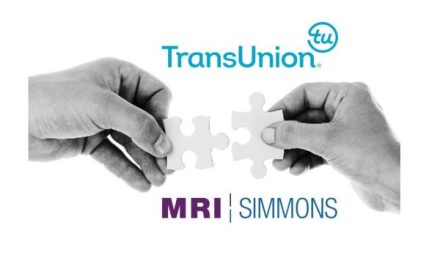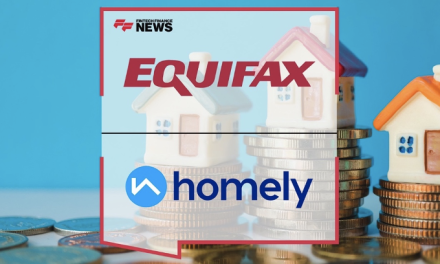By David Francis, Global Data Consortium Advisory Board Member
Having the proper form of person digital identification is a key to meeting international Know Your Customer (KYC) requirements. What you might not realize is that digital ID is also a key component of Know Your Business (KYB) requirements as well.
 A KYB check answers three questions: Is this a real business? Is this an active business? Is there a risk transacting with this business?
A KYB check answers three questions: Is this a real business? Is this an active business? Is there a risk transacting with this business?
Business Verification answers only the first question — whether the business is real and legitimate. It verifies a combination of business name, address, dates of incorporation, and business IDs against in-country data providers until a match is made and all three questions are answered.
To answer the second and third questions, companies must verify who exactly they’re in business with. Who are the owners? Who is on the board of directors? Is there a legal risk of doing business with an owner or a board director? Knowing this meets a regulatory requirement aimed at preventing criminals from disguising illegally obtained funds as legitimate income. It also incorporates KYC requirements into the KYB process.
The importance of KYB is evident in recent events. Recent reports indicate that Ask Trading, a company based in Singapore, moved at least $671 million in transactions through major international banks. It turns out Ask Trading was a shell company created to illicitly move money around the world. A simple KYB check would have revealed the ruse.
The coronavirus outbreak has also shown the need for KYB solutions. The public health crisis was also sudden and unprecedented. Doctors warned that the United States was dangerously low on masks necessary to stop the spread of the disease. Ventilators were needed to keep many of those who caught the virus alive and the country was in short supply.
What followed was a massive health equipment spending surge, both at the federal and state levels. The White House spent hundreds of millions of dollars in the early days of the pandemic — and some $25 billion to date — on equipment meant to be delivered by businesses from China to India to Germany. Much of this spending was done without proper checks on the legitimacy of the business or their ability to deliver on their promises.
New York State, which, at the start of the pandemic was among the worst hit in the country, authorized spending of $686 million for medical supplies in the middle of a fierce global competition to obtain them. Just like the federal government, this money was contracted to businesses the state knew little about. And because of the urgent need for supplies, it didn’t have time to properly vet them. In another case New York, the state paid $116 million to a small company in Brooklyn for ventilators that did not arrive. It paid $69 million to a business in California that ended up being a lone individual with no experience in health care equipment. A third company was paid $56 million for ventilators; that contract was cancelled after it failed to deliver.
The $25 billion the federal government spent went to more than 250 companies that got contracts worth more than $1 million without going through competitive bidding processes. Sixteen of the companies had only registered to do business with the government for the first time in 2020. And at least three companies formed just days before they obtained the contracts.
The need to know who you’re in business with is not limited to government; hospitals must know who they are getting their supplies from. In 2019, a hospital in Florida announced it has lost millions due to vendor fraud. Hospitals are also responsible for knowing who they’re using as laboratory partners, whether that lab is located in South Carolina or South Africa.
Tech companies also aren’t immune. In 2017, Facebook and Google lost $100 million when a company, run by a Lithuanian man and posing as a vendor, improperly billed the tech giants. In a recent report, Statistica.com found that between 2018 to 2022, global digital fraud would grow from $19 billion to $44 billion. There’s a reason this kind of fraud is so widespread. It’s hard to verify new and small companies as well as private companies. It’s difficult to find ownership information. Banks often put up walls of secrecy around their clients.
Much of the uncertainty about who a company does business with can be alleviated with a KYB check before entering into any transaction. The backbone of this check is the digital identity of both the business and the individuals who run it. Proper KYB compliance can not only alleviate legal headaches within compliance departments, but could also prevent the waste of much-needed financial resources.
We are on a mission to empower businesses with the tools to get to know their customers, stay compliant, and deliver real-time solutions. Our Worldview platform facilitates the relationship between local and global markets by pairing businesses to locally sourced data from all over the world.
*About the Author: David Francis is a member of Global Data Consortium’s Advisory Board. He is the CEO and founder of Ozanam Strategic Insights, a startup dedicated to discovering innovative solutions to digital identification and data challenges in the emerging and developing world.
